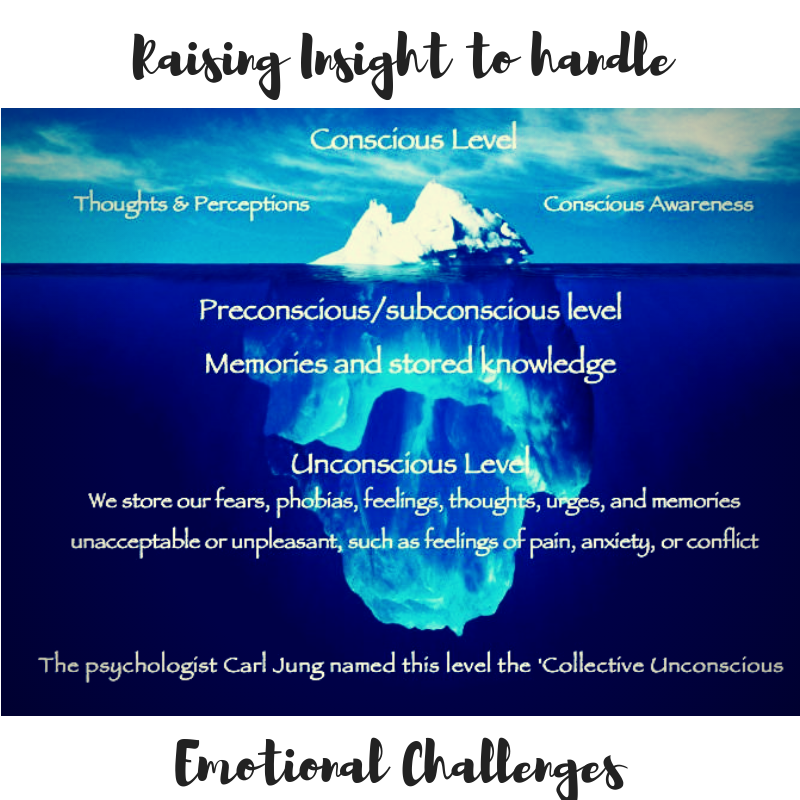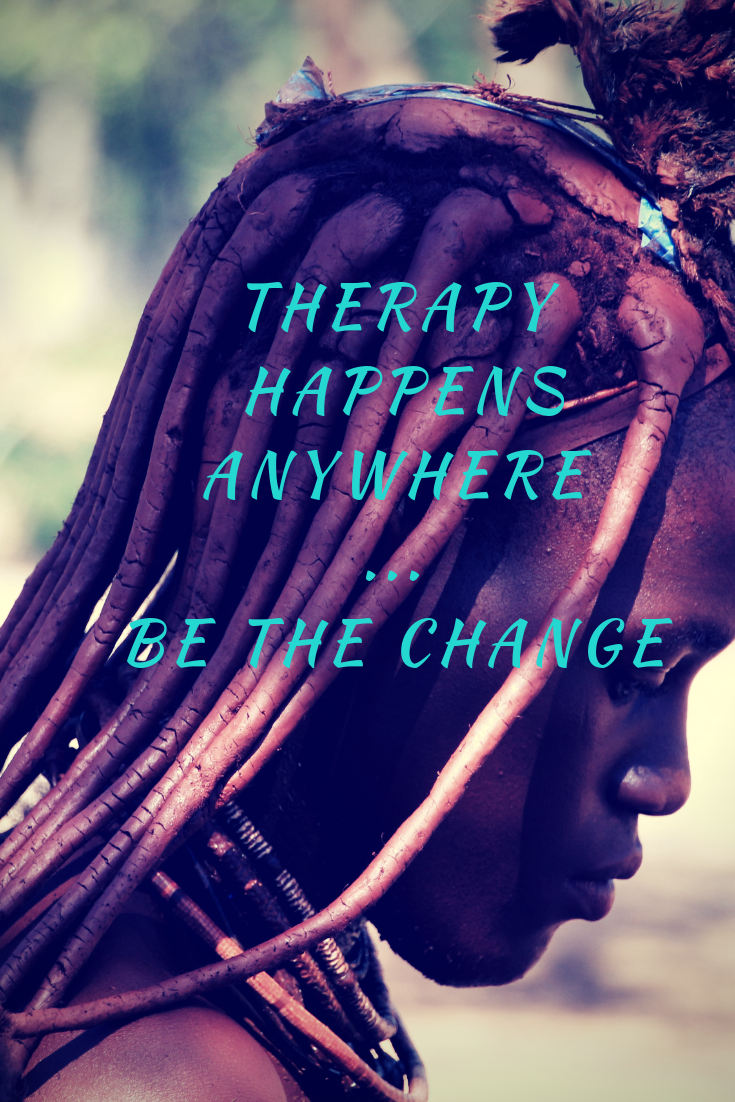
The Solution for Emotional Challenges
Who you are is the result of what you have experienced. With all its fluidity, complexities, and unexpected turns, your life is your masterpiece that you create one day at a time. Most of us get emotionally challenged every day, and it feels tough. But these challenges are integral to our growth and development. They push us to explore the depths of our resilience and adaptability, teaching us invaluable lessons along the way.
The Foundation of Personal Success
Every challenge and obstacle is a chance for us to reframe and come back stronger. Think about your personal definition of success. Now, think of how much you have learned in those challenging times and how they correspond to your vision of success. Perhaps those tears show you who you do not want to be. Maybe that pain shines a light on the behaviors we must avoid.
Sometimes, our pain forces us to confront our own shortcomings and holds us accountable to that person in the mirror. At the core of every individual lies the potential for personal success. External standards do not measure this success but by how we view ourselves and our contributions to the world around us. It’s about recognizing our unique strengths and using them to forge our own path, one that brings fulfillment and joy. In the track world, they call this a “PBR – Personal Best Record.” Winning the race is ok, but most elite athletes work on beating themselves. If the time is a bit better than the time before, we are going in the right direction.
Overcoming Emotional Challenges with the Reframe
Facing emotional challenges can be tough, but it’s also an opportunity for profound personal growth. By adopting a healthy mindset, we can navigate these challenges with grace and emerge stronger on the other side. It’s about leaning into support systems, practicing self-care, and remaining focused on your personal vision of success.
Challenges often go ignored and unresolved for many people until our subconscious and private selves rebel. We may act out in ways that cause harm to ourselves and others. This self-harm can be as subtle as consistently settling for less than what you are worth. Self-harm can also be as dramatic as addiction and suicide. At the root of all self-harm and self-sabotage is your vision of YOU. That vision may be struggling to become realized, but trust yourself that you can find a way forward. Trust the YOU that YOU are committed to being.
Dealing with Challenges
Many of us often feel that challenges harm us. We may feel fatigued by the energy that we use in dealing with life’s challenges. In solution-focused therapy, we encourage the position that challenges allow us to grow in ways that we cannot envision on our own. Often, we may experience physical disabilities that we try to address quickly. Sometimes, we may have a mental disability that is hopefully identified and addressed. However, many of us often go through life with emotional disabilities that go unaddressed. These emotional disabilities often harm us in our intimate and vocational lives. It is easier to see physical and mental deficiencies than emotional ones. Therefore, it is difficult to address what we cannot see.
Examples of Emotional Challenges in Pop Culture
Consider our archetype: Riley, an entertainer with a well-developed history within her field. Riley has been acting since age 5 with her own TV show, album, and line of clothes. Now, Riley is in her teen years. She has proven herself successful. Seemingly from nowhere, she begins to act out. Riley begins experimenting with drugs. Riley becomes difficult to work with. She may fill her free time with unsafe people and activities that are harmful to her. She sings on her new album about drug use.
Riley’s family may try to get her help and support her as much as they can. Eventually, Riley’s personal emotional challenges affect her work and her career stalls. As her career stalls, the social life that she has built on her visibility as a performer takes a downward turn. Riley has fallen prey to her emotional disabilities that have gone unaddressed.
Consider another archetype, Johnny, the football player. He is a natural athlete who has worked hard to get to the top of his field. Johnny wins award after award, eventually becoming a professional athlete and college darling. Suddenly, he is beset by trouble. Johnny gets into fights, is seen drinking, and eventually gets charges surrounding domestic violence. Johnny’s focus is shaken, and it begins to affect his playing. His career starts to decline. He loses his endorsements. Johnny blames everyone except himself. His lack of insight and emotional deficiencies have caused him to self-sabotage.

Building Insight helps you to Master your Emotional Challenges.
We are all flawed, right? Absolutely! Our goal is to continue to work on ourselves and improve day by day. There is no perfect person, and expecting perfection can also lead to self-sabotage. Psych 101 teaches us the power of the unconscious mind, which has a greater impact than the conscious mind. To change self, we must increase our insight and connect with our unconscious mind.
A reputation is something that we can get quickly with one incident or perception, but our character is the sum of who we really are, and that is what we wrestle with daily. What happens when we consider and weigh our emotional challenges and come to an authentic conclusion? Does our character suffer? Does our reputation? Yes, we may get more tweets or views, but how does that translate into our longevity?
How we navigate our emotional challenges determines the depth and tone of our character. If you are committed to overcoming your emotional challenges, seek help for you today. Aren’t you worth it?
Emotional Challenges and The Holistic Store
While we are thinking that through, boost your connection from the inside out with our wellness supplements and supplies, check out our store for products that help you feel your best, making it easier to open up and connect on a deeper level.

